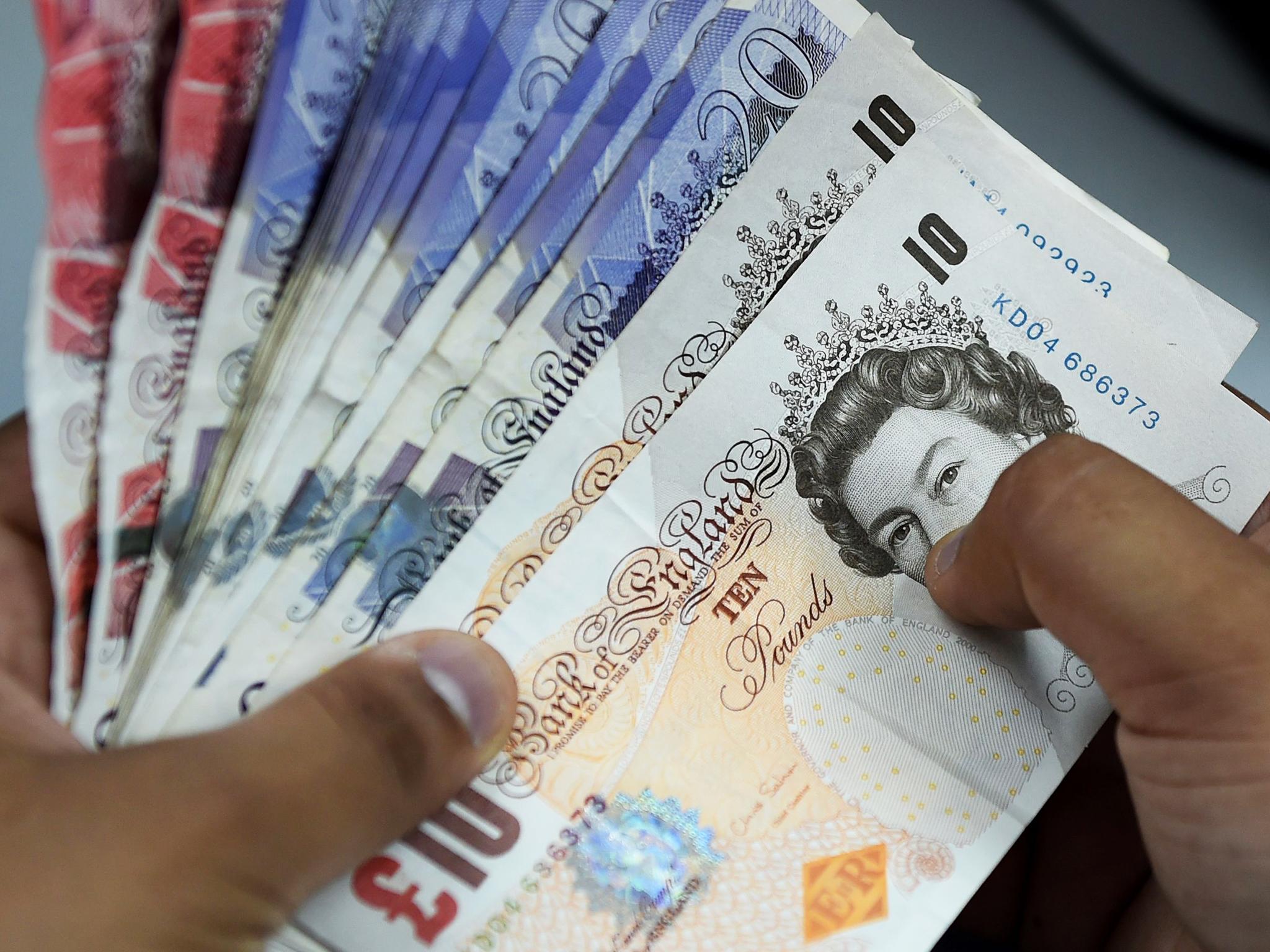What does the Brexit Supreme Court ruling mean for sterling and financial markets? Experts react
The Government now must hold a parliamentary vote to trigger the start of official negotiations to exit the European Union

The pound fell on Tuesday after the UK Supreme Court ruled that the Government must hold a parliamentary vote to trigger the start of official negotiations to exit the European Union.
But what does this mean for the pound and other financial markets in the long run? Here's a look at how strategists, economists and other experts are responding.
Kallum Pickering, economist at Berenberg
“In our base case, the UK remains the fastest growing major economy in Europe. And with the short-term risks to growth tilted to the upside, that trade-weighted sterling is down 15 per cent since last year seems somewhat excessive. But sterling is clearly heavily influenced by markets’ negative sentiment towards Brexit. Despite the good news today, which may prompt a short rally in sterling, the risk of clashes early on in the negotiations between the UK and the EU remains high. And with the [US Federal Reserve] set to hike the funds rate three times this year, risks to sterling outlook are tilted to the downside. That [the pound] could drop below $1.20 [against the dollar] by the middle of the year still seems likely.”
Geoffrey Yu, head of the UK Investment Office at UBS Wealth Management
“Though there will be some cheer among those with lingering hopes for a delayed Brexit, today’s decision represents a marginal delay, at most. The immediate relief will be short-lived. With the bulk of the market and British households now resigned to the reality of leaving the EU, many business will be making their Brexit contingency plans regardless of the delay. A prolonged sense of uncertainty does not mean Brexit will not happen, and we expect that Article 50 will be triggered in March regardless. Sterling investors will be sending their thanks to the Supreme Court today. The added complication in the Brexit timeline should see the pound gain further ground against the dollar.”
Adam Marshall, director general of the British Chambers of Commerce
“The practical impact of this ruling, not the political intricacies, is what interests business communities across the UK. What businesses will want to know is whether this ruling will affect either the terms of the Government’s approach or the timeline that firms across the UK have been told to expect. Businesses will also want to see action to ensure that this further political wrinkle does not add further to the volatility of exchange rates.”
Phillip Souta, head of UK public policy at Clifford Chance
“Today's result comes as a surprise to no one. Unfortunately for businesses and other institutions, Brexit still means uncertainty. Parliament remains divided and the outcome of the negotiations remain unknown. In addition, questions will soon be asked about how much trouble for the Government the Lords are capable of causing by means of amendments that may appear out of scope. While the expectations are that the unelected house would be unlikely to oppose the legislation, recent history has shown us how expectations can be upturned with regularity and gusto. The Government hopes that if they keep the scope of the expected bill very narrow, to just activating Article 50, then it is guaranteed to be amendment-proof. It is not that simple. That is the custom and practice of Parliament, but they can depart from it if they want to. Defeat in the House of Lords would not stop Brexit from happening, but it could delay it until mid-2020.”
Ranko Berich, head of market Analysis at Monex Europe
“Macro data is likely to regain some importance as a driver for sterling now that the trajectory of Brexit is becoming clearer, and political uncertainty is diminishing. Consumers and businesses now know a lot more about the size and shape of Brexit. How spending and investment patterns play out in the coming months will have a decisive effect on the pound.”
Supreme Court Brexit Challenge
Show all 13Peter Rosenstreich, head of market strategy at Swissquote
“From a currency trader’s perspective, this really is a mixed picture. [Prime Minister Theresa] May will now be able to push through a Brexit strategy without the added complexity of demands from Pro-EU Scotland, Wales and Northern Ireland. In our view, the ruling should be marginally positive [for the pound] as it further increases the likelihood of a soft Brexit. However, in order for Theresa May to get the House of Parliament votes to trigger Article 50, she and her Government will have to compromise the terms of their Brexit strategy. The [sterling] knee-jerk reaction was clearly a sign of disappointment however, once markets realise that a hard Brexit is less probable, [the pound] should recover.”
Subscribe to Independent Premium to bookmark this article
Want to bookmark your favourite articles and stories to read or reference later? Start your Independent Premium subscription today.

Join our commenting forum
Join thought-provoking conversations, follow other Independent readers and see their replies